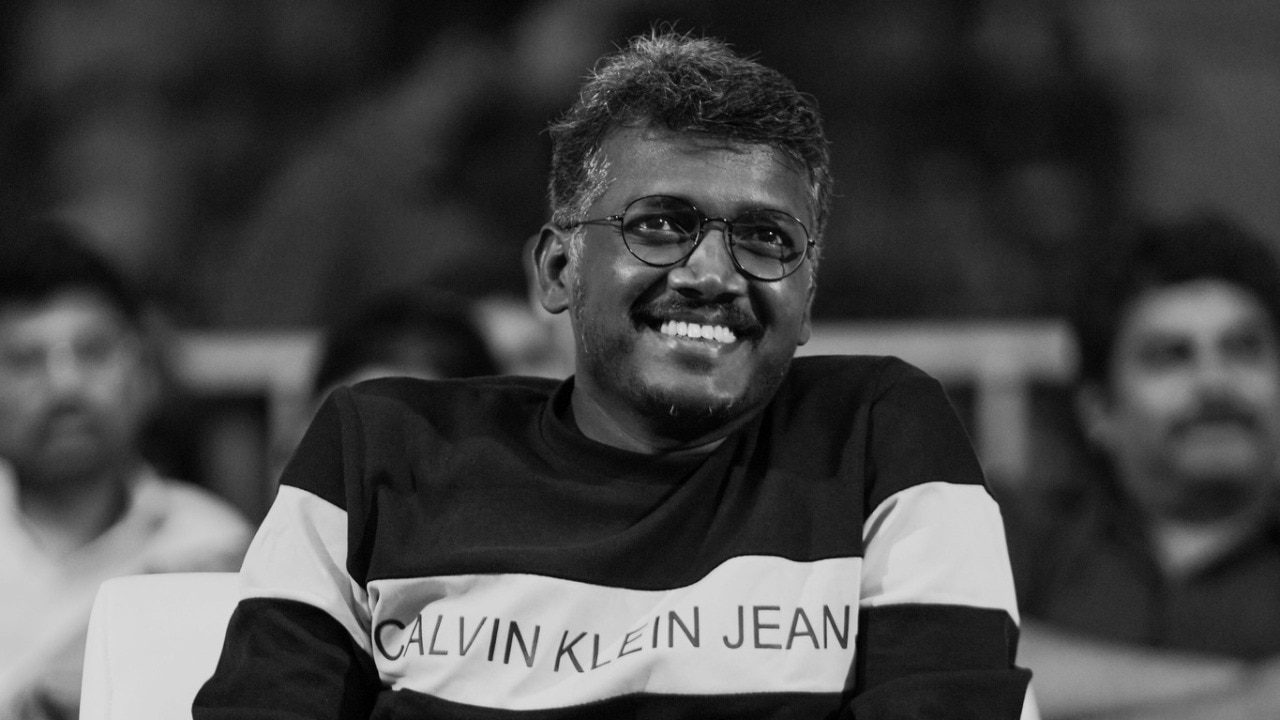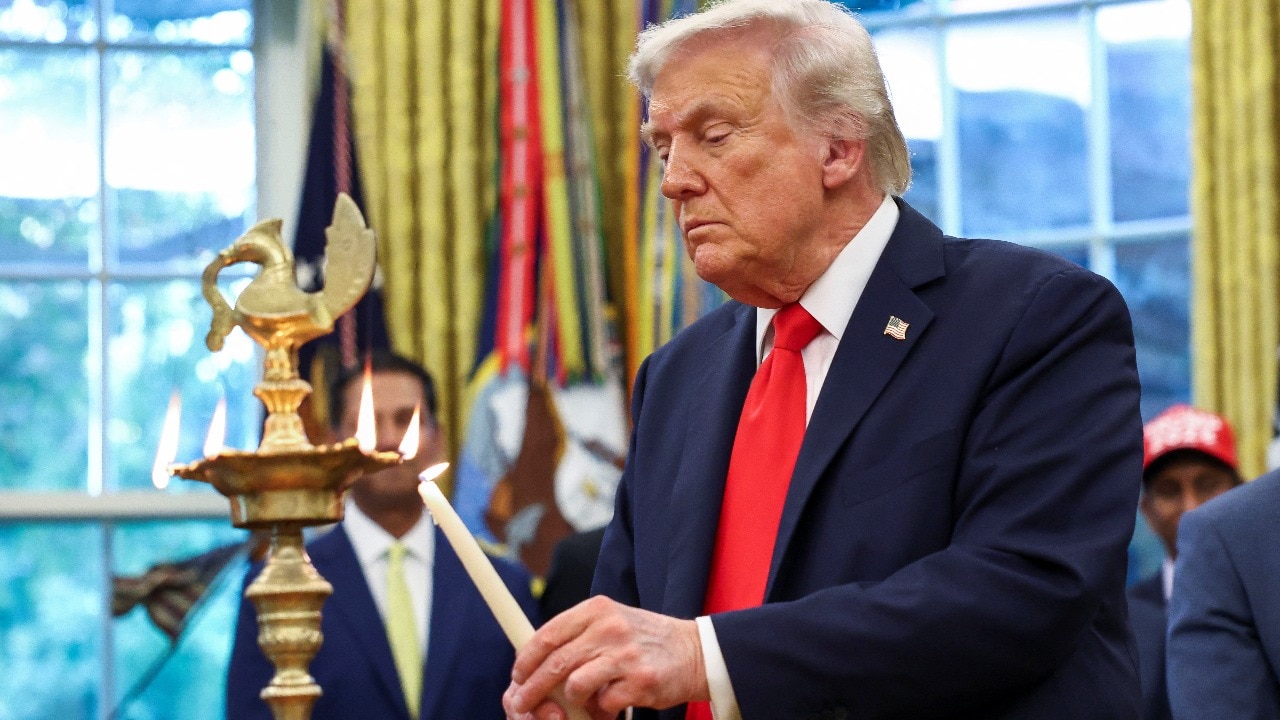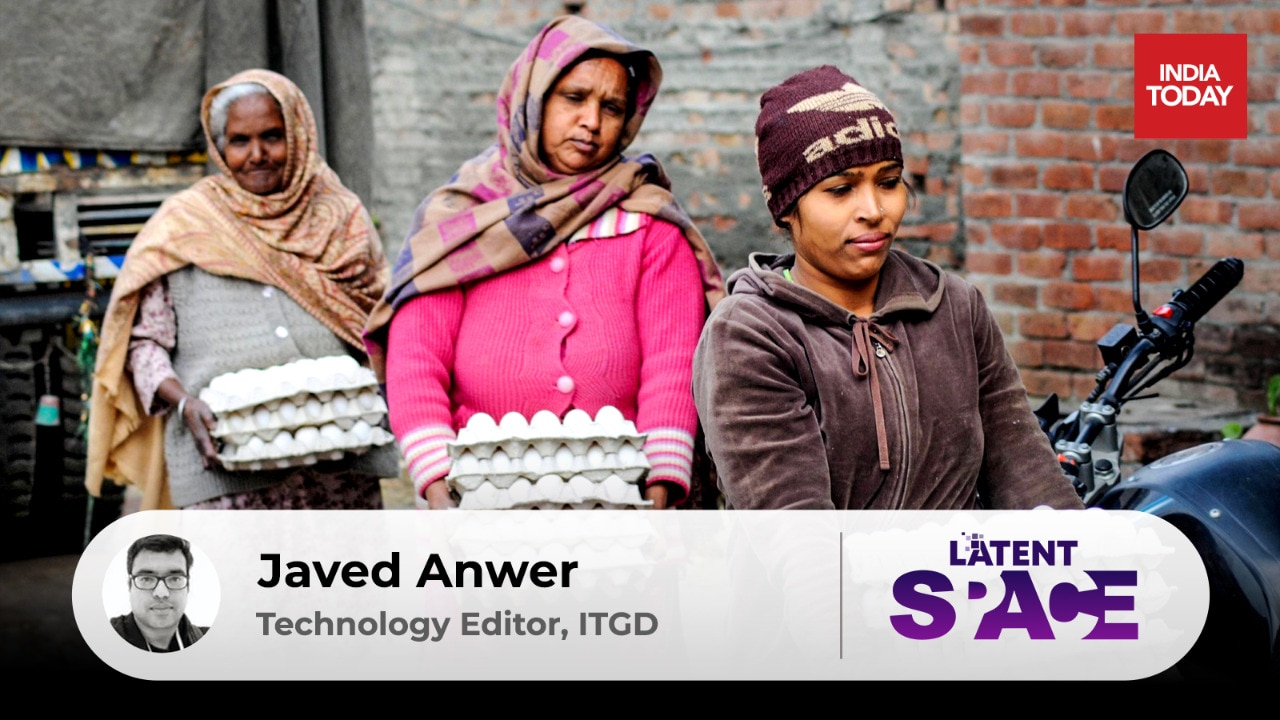With his recent offering ‘Bison: Kaalamaadan’, director Mari Selvaraj once again holds up a mirror to society, highlighting caste atrocities in the village of Vanathi and their impact on kabaddi player Vanathi Kittan (Dhruv Vikram). He is the victim of caste oppression, and every time life begins to seem hopeful for him, caste injustice rears its ugly head and strikes him down again. With every hard blow to his gut, he revolts – but through his kabaddi. His success becomes the only answer to those who oppress him.
The gang war between two factions, led by Pandiyaraja (Ameer) and Kanthasamy (Lal), affects Kittan and the people in the lower rungs of society, even though they are not active participants in the caste politics or the atrocities that take place in the name of caste. They are collateral damage in a war they never chose to fight.
In an important scene in ‘Bison’, Pandiyaraja, one of the faction leaders, has an honest and heartfelt conversation with his driver. He casually observes that most of the people who support him do so blindly, and don’t even remember why he took to the sword in the first place. It’s a moment of painful self-awareness, the recognition that violence has become cyclical, divorced from its original cause.
Similarly, Kanthasamy reflects on why he couldn’t put a full stop to the violence and bloodbath that he and his supporters commit. In a profound moment, he says, “Even if I want to discontinue certain things, I am not able to. It’s because of the ingrained enmity. Even if I want to, I can’t get past it. That’s the harsh truth.” This scene reveals the tragedy of inherited enmity and how cycles of violence perpetuate themselves across generations, consuming even those who recognise their futility.
On the other hand, Lal’s Kanthasamy looks out for Kittan even though he doesn’t belong to the same caste, purely because of how skilled he is at kabaddi. Both Kanthansamy and Pandiyaraja realise that they’re neck-deep involved in hating each other. In a moment of reflection, they realise the war they started, but are unable to put a full-stop it.
While violence and its aftermath define the lives of people like Kittan, there are also people like his PT master Santhanraj (Aruvi Madhan), who offers strong support with the sole intention of helping him hone his kabaddi skills, proof that not everyone is complicit in perpetuating oppression.
‘Bison Kaalamaadan’ shows that the same soil that enables oppressors like Pandiyaraja and Kanthasamy also has a place for Santhanraj, who looks past the differences in humankind.
Mari Selvaraj’s cinema of conscience
This isn’t the first time Mari Selvaraj has crafted a narrative that forces uncomfortable introspection. His debut film ‘Pariyerum Perumal’ documented the story of a law student from an oppressed community whose dreams are systematically dismantled by caste-based humiliation and violence. The film didn’t just document discrimination, it showed how institutional structures enable and protect it.
‘Karnan’ took this further, portraying an entire village denied basic infrastructure and dignity, snowballing in a rebellion that was as cathartic as it was heartbreaking. With ‘Maamannan’, Selvaraj examined power dynamics within Dalit politics itself, showing how proximity to power doesn’t always translate to empowerment.
‘Vaazhai’, a biography of Mari Selvaraj, revolves around the politics of the daily labourers at a banana plantation.
Each film in his repertoire has been a masterclass in showing, not just telling the lived realities of caste oppression.
What sets Mari Selvaraj apart is his refusal to compromise. His characters are not one-dimensional victims or heroes – they are complex individuals navigating impossible systems and are at the receiving end of oppression. His antagonists, too, are not caricatures but products of the same toxic structures they perpetuate.
In the age of reels, Mari Selvaraj’s films are history we can’t scroll past
In the era of reels, where history is condensed into 30-second clips and complex issues are reduced to hashtags, films like ‘Bison’ serve a crucial purpose. They document history in its most honest form, preserving stories that might otherwise be forgotten or whitewashed. While social media offer immediacy, they rarely offer depth.
Cinema, while being one of the primary sources of entertainment, also has the responsibility of being thought-provoking and documenting lived realities.
Mari Selvaraj’s cinema demands that we sit with discomfort, that we engage with narratives that don’t offer easy resolutions or feel-good endings. His films are sorrowful, and more like a blow to your conscience. But, these are not ghosts of the past. These incidents continue to happen. And what more than cinema, a medium that reaches a wider audience, to put through his ideology.
This is why a filmmaker like Mari Selvaraj is vital for society. While he documents his personal and community’s struggles with caste atrocities through his films, he also nudges people to think. His films are edutainment in the truest sense – they educate without being preachy, entertain without trivialising.
Batting for equality is Mari Selvaraj’s sole aim through his cinema. His films hold a mirror to society, making one pause and examine their privilege. They remind us that silence is complicity, and ignorance is evil. More importantly, they remind us of everyone’s purpose in life: to let people be. To live. To lead a life without having to bear the consequences of societal evils.
In a landscape where commercial cinema often shies away from uncomfortable truths, Mari Selvaraj’s work stands as a testament to the power of art as activism. His films don’t just tell stories; they are documentation of history. That, perhaps, is the highest calling of cinema: to make us see, feel, and ultimately, reflect.
– Ends










